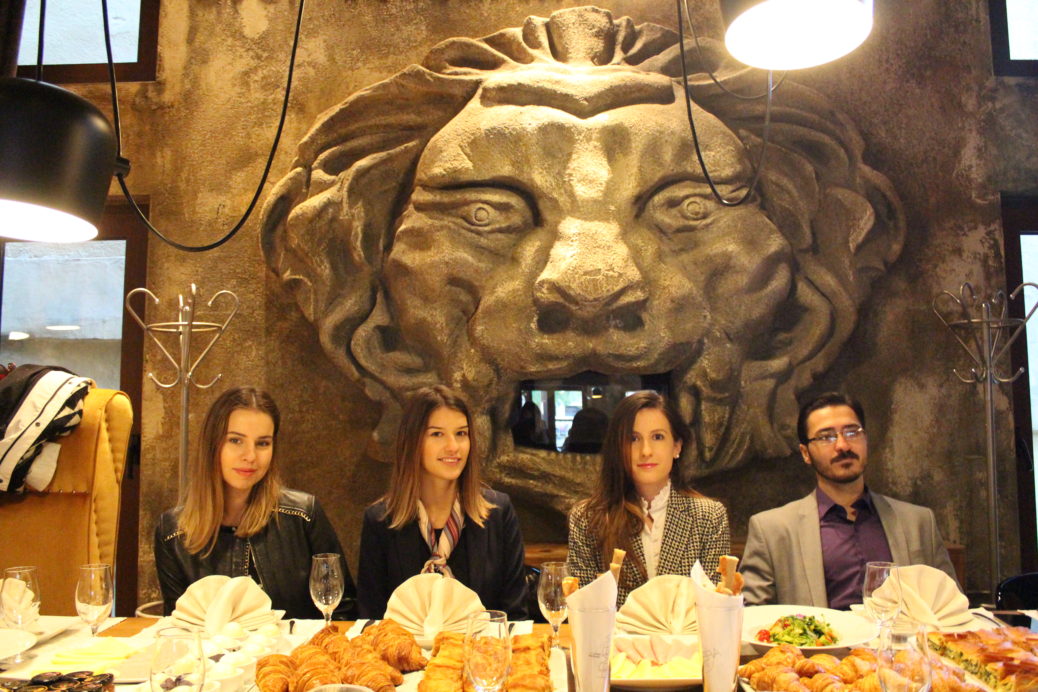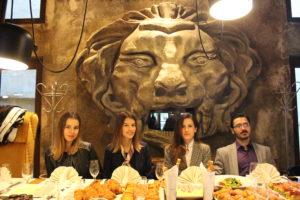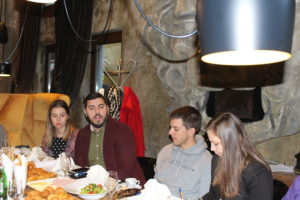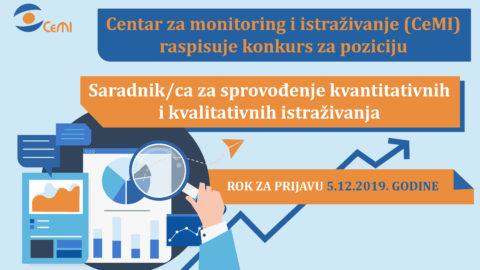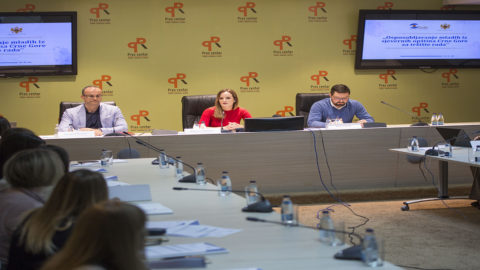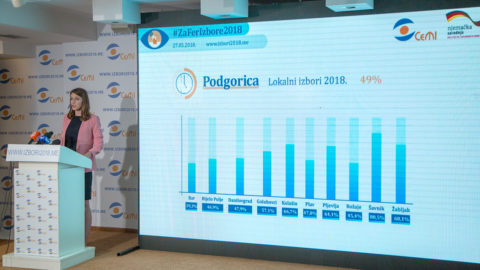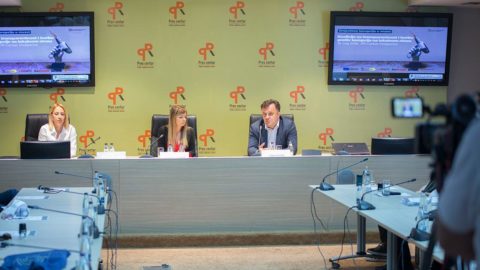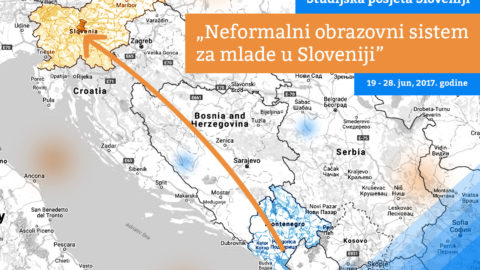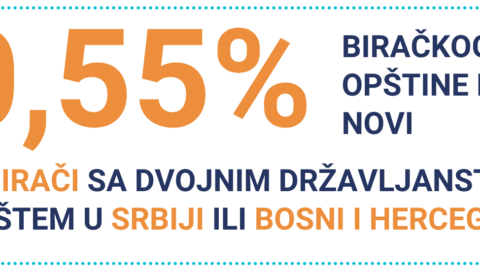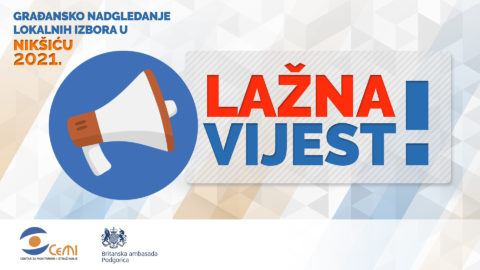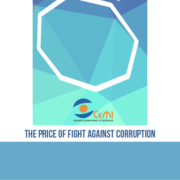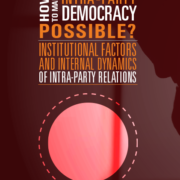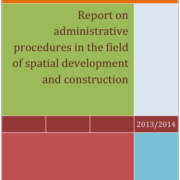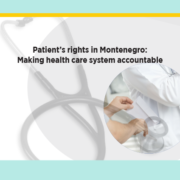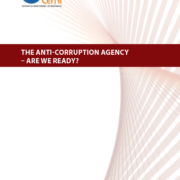Centre for Monitoring and Research (CeMI) organized a breakfast briefing about Montenegro’s EU Integration path on 19 November 2019 at the „Hemera“ Hotel in Podgorica, which was attended by representatives of the civil sector.
The aim of the working breakfast was to exchange opinions regarding the EU integrations of Montenegro and the main obstacles in the process, and to discuss recommendations for possible solutions.
Public Policy Researcher at the Centre for Monitoring and Research, Nina Kecojevic, emphasized the importance of the civil sector in the integration process, but also pointed out that its actions, despite its formal involvement in the negotiating structure, remain limited. Therefore, further inclusion of representatives of the civil sector and the media would not only have a positive impact on increasing the expertise of respective working groups, but would represent an impeller of further enhancement of the transparency of the integration process and related democratization efforts.
Representatives of the civil sector talked about the contributions made so far, emphasizing the importance of greater involvement of analytically-oriented young, who remain excluded from this process. It was emphasized that the integration process is conducted primarily for the sake of citizens, which implies the functioning of society as a whole, and therefore it is important to use the human capital that our country possesses and create the conditions for its action in achieving a common goal.
Also, it was argued that, while Chapters 23 and 24 are undoubtedly important for the overall reform process and Montenegro’s progress on the EU integration path, young people estimate that, by accentuating these two chapters, certain areas, such as migrations, insufficient level of information of young people, their education and access to the labor market, etc., are not being highlighted enough. However, it was also emphasized that progress in the area of rule of law remains crucial, i.e. represents a prerequisite, for the effective implementation and further consolidation of reforms.
The event was organized within the framework of the project “Evolving or revolving: Institutional reforms and democratic legitimacy in Kosovo, Albania, and Montenegro”, which is being implemented in cooperation with the Democracy for Development Institute, the European Balkans Fund and the European Movement in Albania.


 Montenegrin
Montenegrin